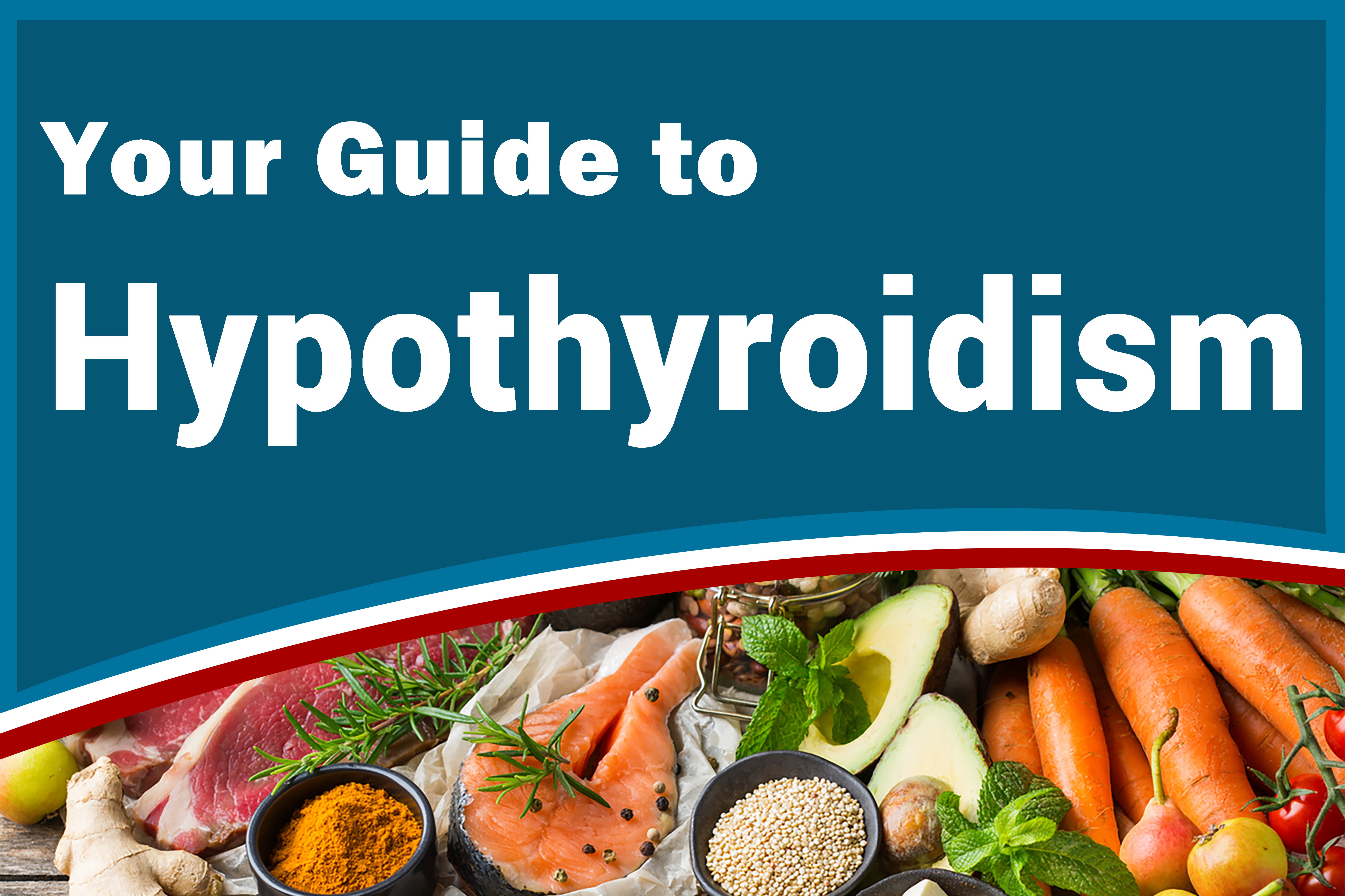The Mayo Clinic defines Hypothyroidism (underactive thyroid) as a condition in which your thyroid gland doesn’t produce enough of certain crucial hormones.
Hypothyroidism may not cause noticeable symptoms in the early stages. Over time, untreated hypothyroidism can cause a number of health problems, such as obesity, joint pain, infertility and heart disease.
Accurate thyroid function tests are available to diagnose hypothyroidism. Treatment with synthetic thyroid hormone is usually simple, safe and effective once you and your doctor find the right dose for you.
However, beyond medication essential lifestyle and food changes can go a long way in making an impact to how the adverse effects of hypothyroidism can be countered and in the long run a routine established in consultation with a nutritionist can also help reverse this condition or at least ensure reducing the dosage of the hormone replacement.
Hypothyroidism has a direct effect on the metabolism – It slows down the metabolism and thus the individual burns fewer calories at rest.
Having slower metabolism has its own set of health risks ranging from higher cholesterol to fatigue and most importantly difficulty in maintaining or losing weight.
This brings us to what is the ideal diet for a hypothyroid patient?
Before we get to a diet, lets talk about what are the important nutrients for a patient with a hypothyroid condition,
Iodine
Iodine is one of the most essential mineral needed to make the thyroid hormone and hypothyroid patients are always found to be deficient in this mineral. Iodine is a widely available mineral if consciously included and the RDA levels can easily be achieved through food sources – Some of the common options are iodized salt, oily fish, seaweed etc…supplements of iodine are totally unnecessary unless recommended by a medical professional and in most cases over the counter supplements do more harm then good.
Selenium
Selenium plays an important role as it activates the thyroid hormone making it bio available for the body to use – This mineral also has anti-oxidant properties which protects the thyroid from free radicles.
Selenium is needed in micro doses and our daily RDA needs can very easily achieved by food sources – some of the commonly available sources are Brazil nuts, sardines, tuna, legumes – In a rare case, a supplement is recommended however it should never be taken unless prescribed by a medical practitioner.
Zinc
Studies has long indicated that Zinc is associated with regulation of TSH – Zinc is abundant in food supplies and zinc deficiencies are rare especially in developed countries however it would immensely help hypothyroid patients to increase the intake of zinc rich foods like dark chocolate, pumpkin seeds, chickpeas etc.
Now lets talk about the nutrients that should be avoided….
Nutrients that should be avoided are called as Goitrogens – They get this peculiar name from the term Goiter that occurs with an enlarged thyroid gland in hypothyroidism.
The most common goitrogens are:
Cruciferous vegetables like Broccoli, Cabbage, Cauliflower
Soy Foods like Tofu & Soy Beans, Tempeh, Edamame.
However, there are multiple theories on this and one of the most agreed upon notion is that cooking inactivates these compounds making them safe for consumption in reasonable quantities.
Let’s make it easy and transpire this into a meal plan:
Morning on Waking
Water with a pinch of Himalayan salt (Takes care of Your Selenium)
Breakfast
High Protein Dosa
Sunrise Juice
Mid Day
Dates
Lunch
Green Bean and Almond Salad
Or Roti + Sabzi + Dal
Late Afternoon
Mixed Fresh Berries or Berry Truffles
Evening
Dinner
Carrot Paratha with Paneer Mutter
OR
Veg Frankie
Bedtime
This is a suggestive meal plan for an average hypothyroid patient however it would be best to get a customised one designed for you keeping in mind your height, weight, age, clinical condition, family genetics and any other medical conditions that you might be facing.
Eating correctly can be interesting and simple once some planning is done and thought is applied – over a period it becomes a habit and eventually a lifestyle – a lifestyle that will ultimately result in being extremely crucial for preserving good health and possibly reversing adverse conditions – We at From Monday Nutrition would love to work with you and our passion lies in ensuring that your lifestyle meets yours needs – Write to us today to let us chart a path for you that will heal your thyroid!!!







